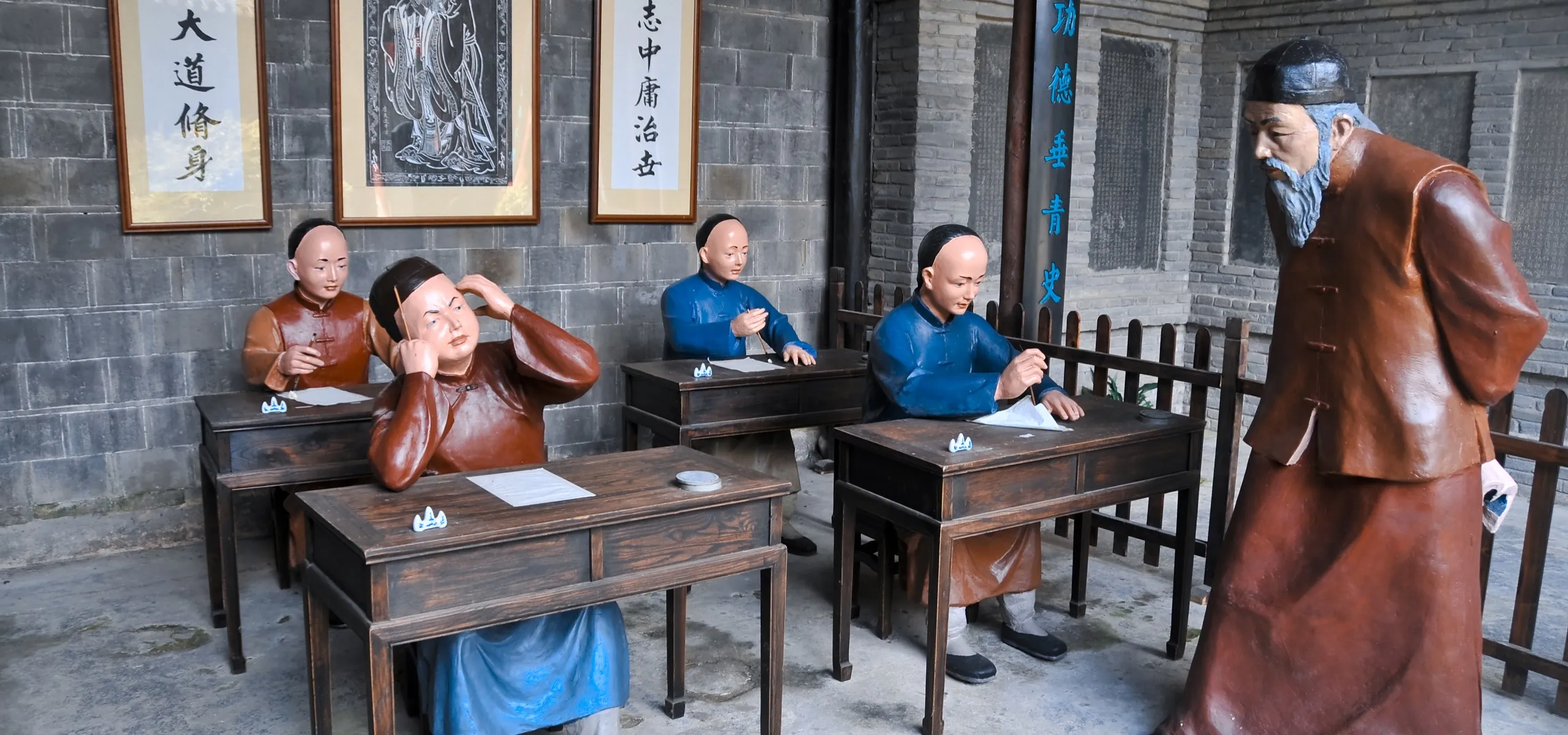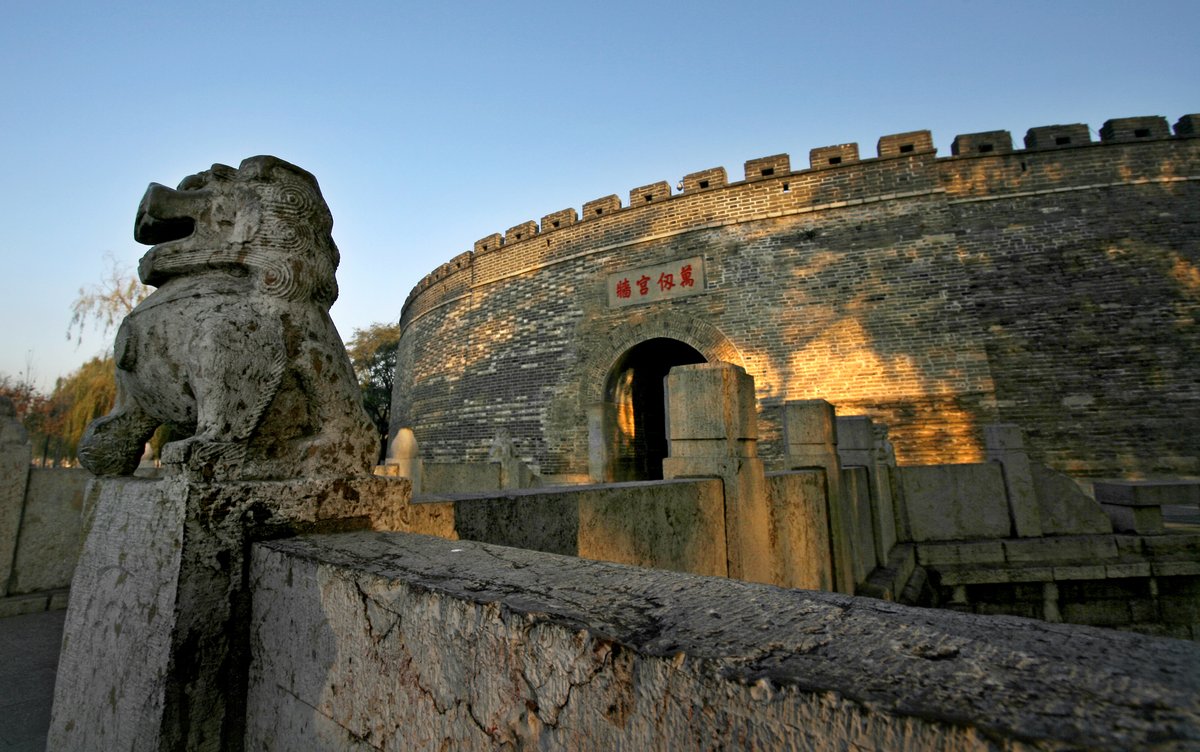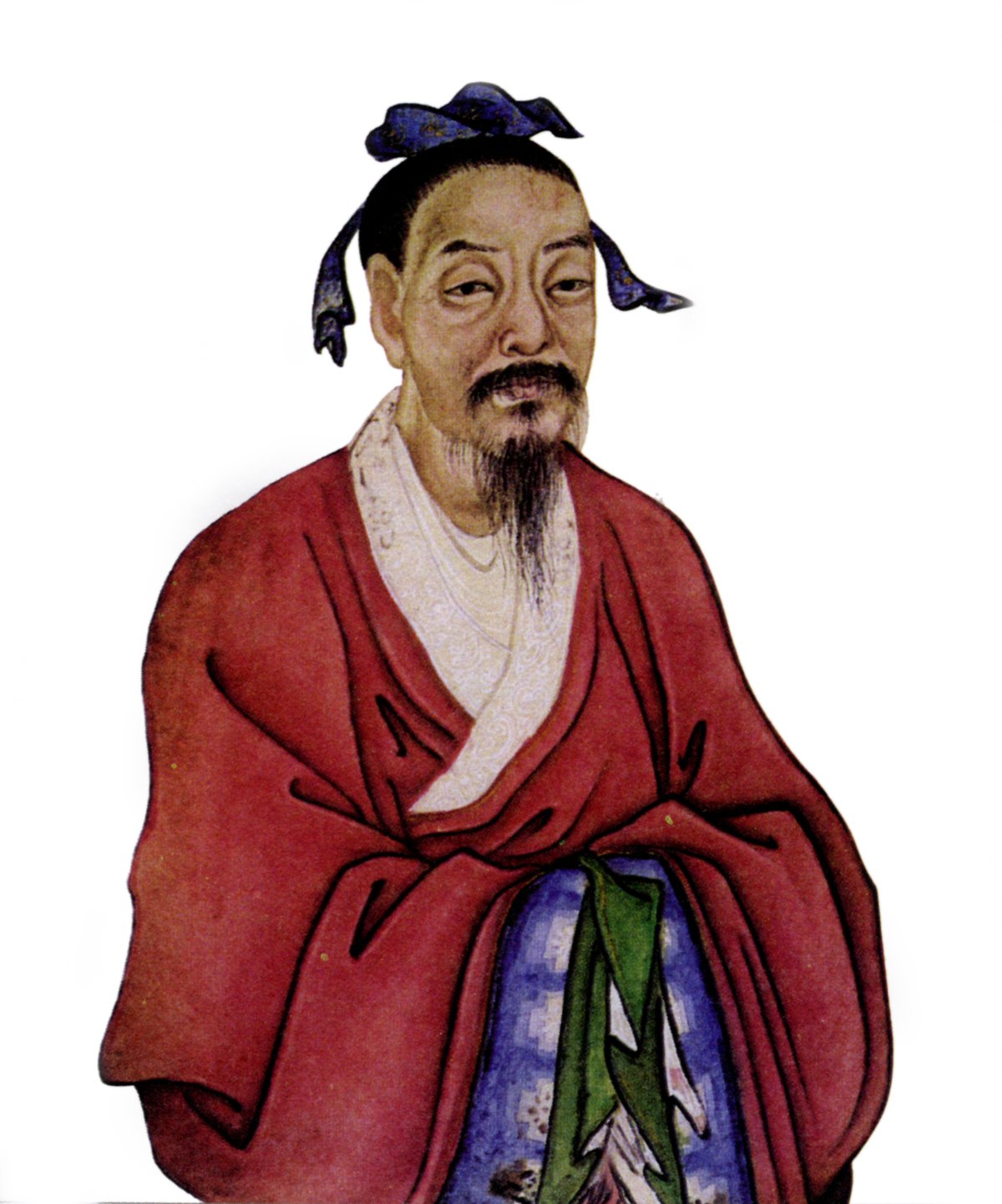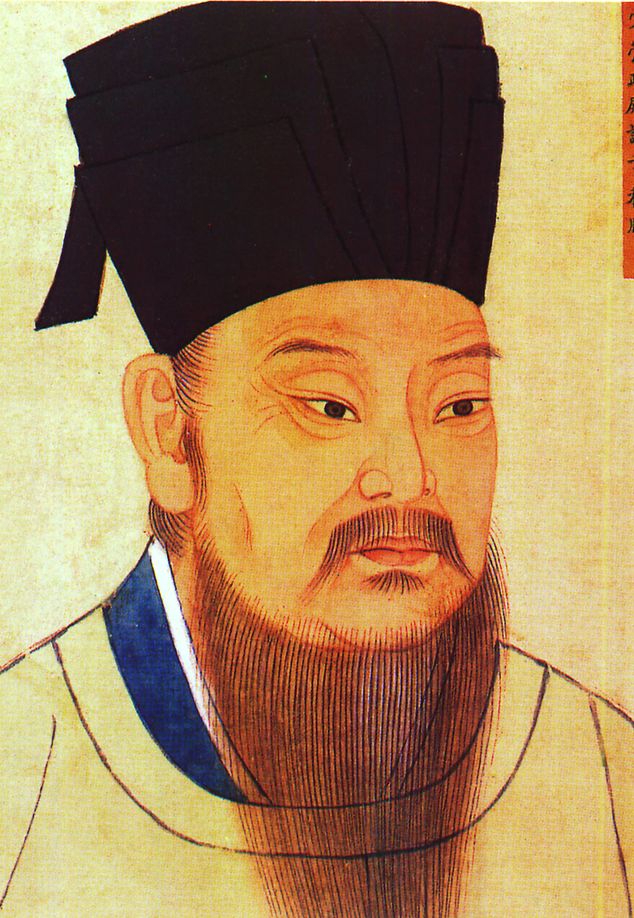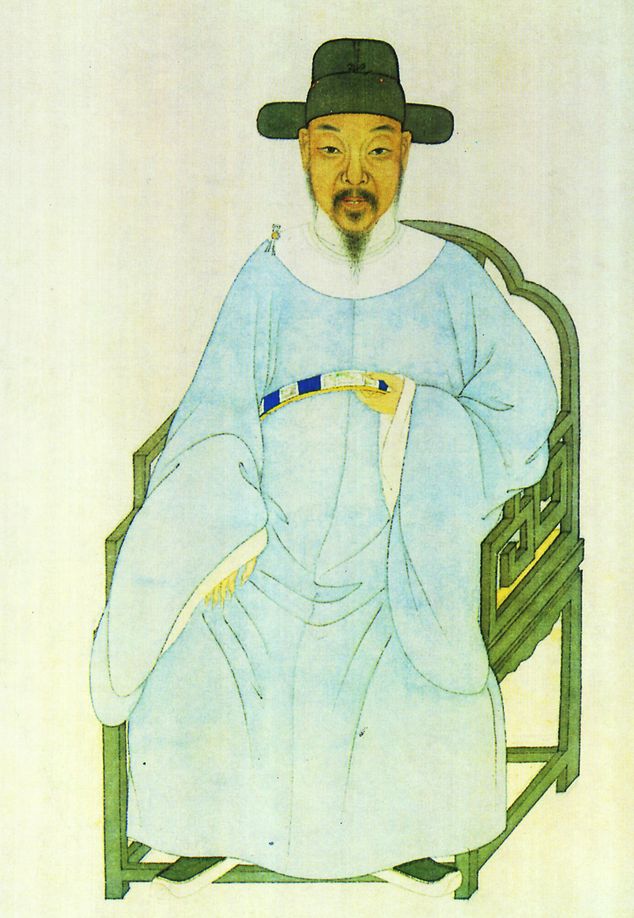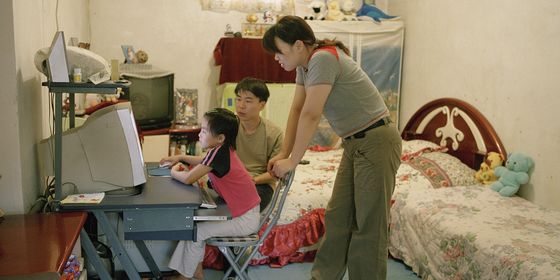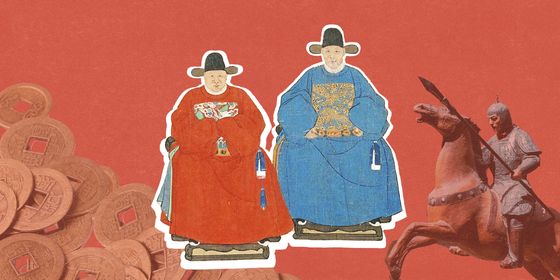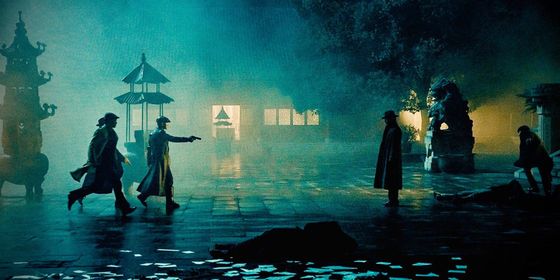Four stories of ancient Chinese pupils who went to great lengths to honor their teachers
The traditional Mid-Autumn Festival may be China’s biggest holiday in the month of September, but this year, it coincides with another: Teachers’ Day, a “festival” established in 1985 and observed every September 10 to honor educators.
Though the observance itself is a modern tradition, China actually has a long history of respecting teachers. In Discourses of the States (《国语》), a historical book believed to be the work of historian Zuo Qiuming (左丘明) in the Spring and Autumn Period (770 — 476 BCE), a folk saying was recorded which states: “One should serve their father, their teacher, and their monarch until death. Because their father gave life to them, their teacher educated them, and their monarch provided food for them (民生于三,事之如一。父生之,师教之,君食之).” Similarly, Qing dynasty scholar Luo Zhenyu (罗振玉) wrote: “Students should treat their teacher with the same respect as they treat their father…even if someone just teaches you for one day, you should respect him like your father all your life (弟子事师, 敬同于父……一日为师, 终身为父).”
Some students, though, took respecting teachers to another level—perhaps even a level too far. Here are a few stories of the biggest teacher’s pets in Chinese history:
Zigong respects Confucius
Confucius is perhaps the most influential teacher in China’s history, who was referred to as “an exemplary teacher for all ages (万世师表).” He was said to have had over 3,000 students in his lifetime, and many of them were cited as model examples of how to respect one’s teachers.
Zigong (子贡), a politician, diplomat, and merchant in the Spring and Autumn Period, was one such student. According to records of The Analects of Confucius (《论语》), a government official of the Lu State once said that Zigong was more capable and virtuous than even Confucius. This claim reached Zigong by way of another official, displeasing him greatly. He said seriously: “Let me use the walls of a palace as a metaphor for the virtue and knowledge of me and Confucius. My walls are merely as tall as one’s shoulders, so people can look over them to see the beauty within; But Confucius’s walls stand tens of feet high. Those who cannot find the door are unable to see the beauty and prosperity inside. Few can find the right door, so people mistakenly think Confucius is inferior to me.”
Zigong’s words were passed down through the generations, and were often quoted to demonstrate Confucius’ virtue and knowledge. Temples honoring Confucius usually have a high wall called the “ten-thousand-foot palace wall (万仞宫墙)” to symbolize the great teacher‘s academic achievements and noble character.
When Confucius died, many of his students came to build cottages near Confucius’ tomb to guard the grave. Most of them spent three years doing so, as custom suggested, but when all the others left, Zigong stayed for another three years there as a way to express his devotion to his teacher.
Wei Zhao cooks repeatedly for his teacher
In Comprehensive Mirror for Aid in Government (《资治通鉴》), a chronicle covering Chinese history from 403 BCE to 959 CE by Sima Guang (司马光), records a story of Han-dynasty (206 BCE—220 CE) scholar Wei Zhao (魏昭) honoring his teacher Guo Tai (郭泰). Wei was a child prodigy who dreamed of having a good teacher. Hearing of Guo’s reputation as a learned man, Wei came to Guo’s home, seeking to acknowledge Guo as his master. Guo agreed. One day Guo fell ill, and he ordered Wei to cook some porridge for him. Wei did it immediately. But when the porridge was ready, Guo refused to eat. He threw the bowl to the ground, and scolded Wei, saying: “You cooked for an elder, but didn’t pay your respects. That makes the porridge inedible.” Wei then cooked another bowl of porridge, but still Guo was not satisfied, and hissed at his student like before. So Wei cooked for a third time, which too ended in rejection. But Wei didn’t show any complaint, and returned to the kitchen once more. When Wei brought his master a fourth bowl of porridge, Guo said: “Before today, I just knew your presence; But now, I know your heart.” From that day on, Guo treated Wei in a friendly manner and taught him all of what he knew, helping Wei become a great scholar.
Stand in snow outside Cheng Yi’s home
Tang dynasty (618—907) essayist Han Yu (韩愈) stated in his essay “On Teachers” that “a sage doesn’t have a fixed teacher (圣人无常师).” This meant to imply that a learned person paid respect to anyone they learned something from, not only those who taught them formally. According to the History of the Song Dynasty《宋史》, young scholars Yang Shi (杨时) and You Zuo (游酢) once went to visit the renowned scholar Cheng Yi (程颐) in search of knowledge. Cheng was taking a nap inside his home, and as the two men did not want to disturb Cheng, they waited in the heavy snowfall. When Cheng woke up, the snow was already one foot thick. Cheng was so deeply moved by the scene that he gave Yang and You detailed instructions on the matters they were seeking council on.
This story was then summarized into the idiom ”standing in snow at the gate of Cheng’s home (程门立雪), which is often used to educate students to treat their teachers with deep respect.
Shi Kefa never forgets what his teacher taught him
Shi Kefa (史可法) was a famous government official in the late Ming dynasty (1368 — 1644), and he greatly respected his teacher Zuo Guangdou (左光斗), who was also a high-ranked official. According to “Anecdotes of Zuo Guangdou (《左忠毅公逸事》),” a biographic work from the Qing dynasty, Zuo was framed by his political enemies, the infamous eunuch Wei Zhongxian (魏忠贤) and his adherents, and imprisoned in 1625. Shi bribed the prison guard and managed to meet his teacher. Seeing that his teacher had been brutally tortured and was on the brink of death, Shi burst into tears. Yet Zuo cursed his pupil. “Do you know where we are? How dare you come here? Didn’t you see the terrible state of the nation? I am about to die, but you are not. If you risk yourself for such a meaningless thing, who else can take care of the nation? Just leave before those evil officials come to frame you. If you don’t go, I will kill you here myself!” Shi had to leave in tears.
Zuo soon died in prison, but Shi never forgot his teacher’s words. In 1637, when rebel armies attacked Fengyang and Luzhou, Anhui province, Shi led the troops to defend both cities. During that period, Shi didn’t retire to a bedroom for months on end, but slept outside the military camps every night. When people urged him to go to have a good rest, he answered: “I am afraid of letting down the court, and I cannot be unworthy of my teacher’s teachings (吾上恐负朝廷,下恐愧吾师).”
In 1645, the Manchu-led army attacked the city of Yangzhou. As the general guarding the city, Shi refused to surrender. He fought till the bitter end, and was executed after being captured.
As Zuo wished, Shi devoted his life to the state. Perhaps the ultimate show of respect to one’s teacher is simply to follow their teachings.





